‘The drought is over!’ I wrote in a message to my friends earlier this year.
The exclamation mark was deliberate; the punctuation equivalent of a high-five. After all, it had been a long and lonely ten months since my last fling ended, so being invited out for a drink – followed by an adult sleepover – by a man I had met the previous day on a boat trip in New Zealand, felt like a worthy cause for celebration, and one that I knew my friends back home would support with wholehearted enthusiasm.
The man in question was great; we got along well, had undeniable chemistry, and the sex was pure fun because I enjoyed it for what it was, not what it might mean. There was no fretting over whether or not I would hear from him again, no wondering if he was the mythical ‘one’ for me, no checking for messages or decoding those he sent for clues as to how he felt about me – none of that. All I took away from my pre-lockdown fling was a slightly springier onward step as I continued my holiday.
I sound like an archetypal commitment-phobe, I know, but I’m honestly not. Back in the ’90s, when I first began developing crushes on boys, I assumed that my romantic future would unfold in the same way it did for many others. I would meet someone, fall in love, marry that person and have children of my own.
Simple. Predictable. Acceptable.
However, as I was to discover, when it came to relationships I was doomed to fail.
My first attempt ended in disaster because I was far too young – a grimace-inducing 13 to his 18 – and although adamant that my infatuation of him was ‘love’ and our sex life ‘grown-up’, in truth I was completely out of my depth. There followed three damaging years of him dumping me and taking me back, endless months where I pitted myself against the other girls he hooked up with, not to mention the weeks of sobbing and even bouts of self-harm. My heart breaks for that confused and broken girl when I think about her now.
At university, I managed a bumpy eight-month relationship before I lost interest and focused instead on my new friends and adult freedoms. I resented the weight of expectation that came from having a steady partner in the way that I guess many young people do. Those heady late teens and early twenties are perhaps the most selfish phases of your life, before you have a full-time job and associated trappings to worry about. I wanted to be free to do what I wanted; to travel, to party, and to have sex with whomever I chose. I told myself that it was fine, because once I was through this time in my life, I would find the right person to settle down with. I never doubted it.
Then, when I was 24, it happened. I fell in love. Or at least, I tried to. He was lovely and we were best friends, but just as I had picked scabs off my knees as a clumsy child, so I tugged at the threads of our relationship and pulled it apart. I was horribly self-destructive and jealous; I goaded him; I imagined the worst and accused him of it for no reason other than I seemed compelled to make myself miserable. When he asked me to move in with him, I fled. Not because it wasn’t what I wanted, but because I didn’t think I could do it.
Three more relationships followed, each one ending in unequivocal disaster. I would leap in with both lovestruck feet at the beginning only to find that my allure quickly burnt itself out. I emerged from each experience exhausted, embattled and stricken by guilt; wishing I could do better but not knowing how. Sessions with a Relate counsellor helped to a certain extent, but in my mind, there was no better cure than avoidance. If I didn’t get close to anyone, I couldn’t hurt them, and so no-strings flings became the obvious solution.
As it does for many, my life seemed to shift when I turned 30. The men I dated had to be considered as potential life partners. Friends and colleagues were settling down; I wanted what they had. I wanted to be in a partnership; I wanted to be a mother. But I found dating hard. I was living in London at the time, and with the arrival of dating apps came an even wider pool in which men appeared to cast their net.
I remember a drink with a guy who openly admitted to using multiple platforms to meet and sleep with women. He had absolutely no interest in a relationship, but instead of simply allowing him that choice, I berated myself. I was attracting and attracted to the ‘wrong sort’ of man; it was my fault that I was single because I was giving off the ‘wrong vibe’. I conveniently forgot that it was me who habitually did the ditching and despaired instead, blaming the frenetic pace of city life for my situation rather than examining what was really causing me to waft from one man to the next. Such was my disheartenment by my mid-thirties thatI decided to move abroad. I believed a fresh start in a new country would allow me to be my ‘real self’.
I don’t want to meet a potential partner only to drop this bombshell and see pity in their eyes, or disappointment.
Before I could leave, however, two things happened: my writing career took off and I met Sam*.
He was two years younger than me and a bit of a lad, but he was persistent and I was charmed. His job took him out of the country for weeks at a time, which curtailed my pattern of ‘absorption to the point of boredom’ and meant I had time to miss him. Five months in, we went on our first holiday together and I was lost; in love as I never had been before, daydreaming about baby names and wedding dresses, waking up smiling like someone in a cheesy romantic film, but also absolutely terrified of losing him.
For whatever reason, the years I spent with Sam chipped away at my self-worth. I put him on a pedestal and buried myself in the gutter beneath it; I stopped eating and sleeping and was taken to task by my best friend, who could see how much I had changed and hated it – but nothing could dent my resolve to make my relationship work. But I was trying too hard to be ‘the perfect girlfriend’ and neglecting myself in the process. I existed in a kind of deluded bubble, orbiting around Sam and ignoring almost everything else. The only thing that broke through was my writing, which I realise now was my one escape. Writing has always been my safe place; my haven. I’m not sure what would have happened had I not had it to hang onto when Sam and I broke up.
He tried not to hurt me, but I was destroyed. On the floor – both figuratively and literally. Because he didn’t love me, I was unlovable. Abroken heart is never an easy thing to overcome, but I truly believed I was losing my mind at times. Not only was I mess mentally, but physically too. I had ferocious night sweats, deranged mood swings and would cry at the slightest thing. It was bewildering, frightening and intense, but eventually, after six or so months had passed, I began to regain control and the physical symptoms retreated. I can recall weakly joking at the time that I was menopausal – the emphasis being on the ‘men’ part – but it was very much a joke. I was 36. I had many years of fertile life ahead of me.
The flings began again around this time, too. I wasn’t looking for a life partner; I had found and lost him, so what was the point? I deliberately chose men younger than me or indulged in a few days of fun whilst travelling. My debut novelcame out and I was happily consumed by my new career, one which brought with it a ton of incredible friends, a joyfully full social calendar and so much to do that my feet barely touched the ground for three years.
It wasn’t until I finally moved away from London that I began to once again think seriously about relationships, my yearning to become a mother being the main driving force. I grew up not knowing my own father, and while solo parenting was very much on my radar as being an option, I wanted to give the traditional route one final try. Having been on the contraceptive pill since the age of 13, I decided to come off it, the idea being that my body would have a chance to settle into a regular cycle by the time I was in a position to try and conceive. I wasn’t unduly concerned when my periods failed to materialise; I told myself that it was only natural after being on the pillfor so many years and that I was simply readjusting. I gave it six months, then visited my GP.
Premature ovarian failureonly affects one per cent of women, so I suppose it’s not surprising that I had never heard of it before. When I explained what I had gone through in the wake of my break-up from Sam, the doctor said that was likely when it happened. Being on the pill since that time had enabled me to have a false period every month, so I hadn’t known anything was wrong.
I hadn’t been losing my mind after all, just my ability to have a baby.
Some days are easier than others. I veer between odd relief that I will never experience the pain of labour or have to pad my bra with cabbage leaves to wailing with sorrow when I see a ‘Baby On Board’ badge pinned to a lapel on the Tube. Perhaps I was naïve to assume it would simply happen; that my mother having six children meant I had somehow inherited the super-fertile gene, but that doesn’t make the truth of my situation any less horrible to grasp. I know I have options, yet while I am drawn to the idea of adoption, I know in my heart that it is still too soon. I am in mourning, for a baby I wanted that I will never have.
How do you build a relationship from that? I can’t see how. It’s almost a year since I found out I’m infertile, but I still feel as if I am less of a woman. I don’t want to meet a potential partner only to drop this bombshell and see pity in their eyes, or disappointment. Why should they lose the chance to father a child because of me? I would never take that option away from someone I loved, and so I avoid love altogether. Flings are safer, less complicated and wonderfully free from guilt. I don’t have to say the words ‘I can’t have children’ to a man I only plan on spending a few days or hours with.
In truth, I am still learning how to say those words to myself.
I am aware that all this has tied me in a multitude of emotional knots, and regular therapy is helping me muddle through – as is writing my novels, all of which examine women and the issues they face – but until I feel strong enough, and whole enough, to open my heart up to the possibility of ‘the real thing’, I will continue to be flung rather than let myself fall.
For the time being, at least, I need the landing to be a soft one.
Isabelle's new novel, Hello, Again is out now on ebook, paperback and audio.
READ MORE: How Do You Get Over A Broken Heart?
READ MORE: Things You Only Know If: You're Going Through The Menopause At 30
10 Books To Read Next If You Loved Little Fires Everywhere
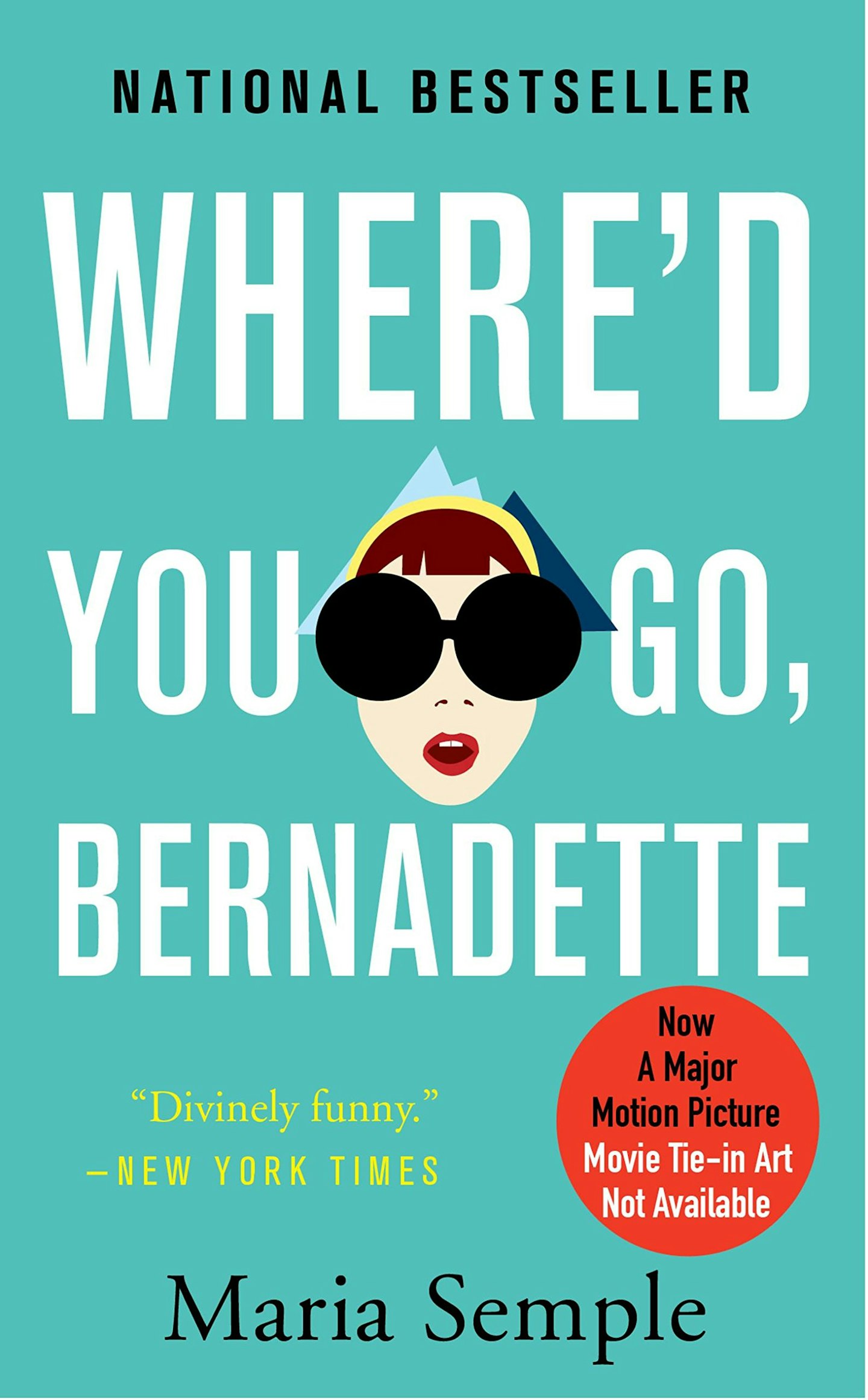 1 of 10
1 of 10Where’d You Go, Bernadette by Maria Semple
A mother who doesn't fit in – and a daughter desperate to get to the bottom of what is going on… it's also being made into a film with Cate Blanchett.
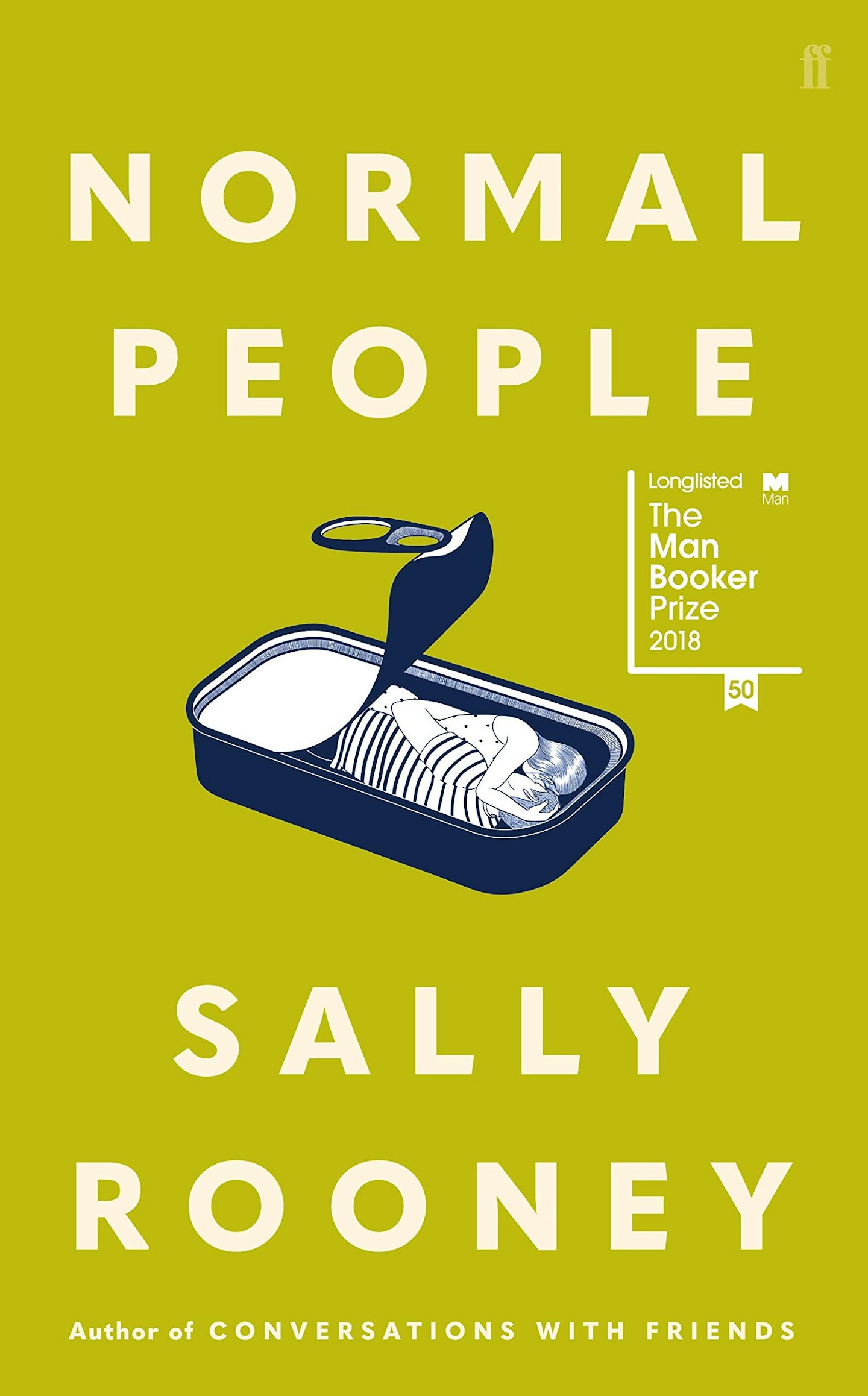 2 of 10
2 of 10Normal People by Sally Rooney
Not just because they're our lockdown telly obsessions – but because so much of the intense relationships between the teenage characters hinges on where they've come from and how it's impacted their lives.
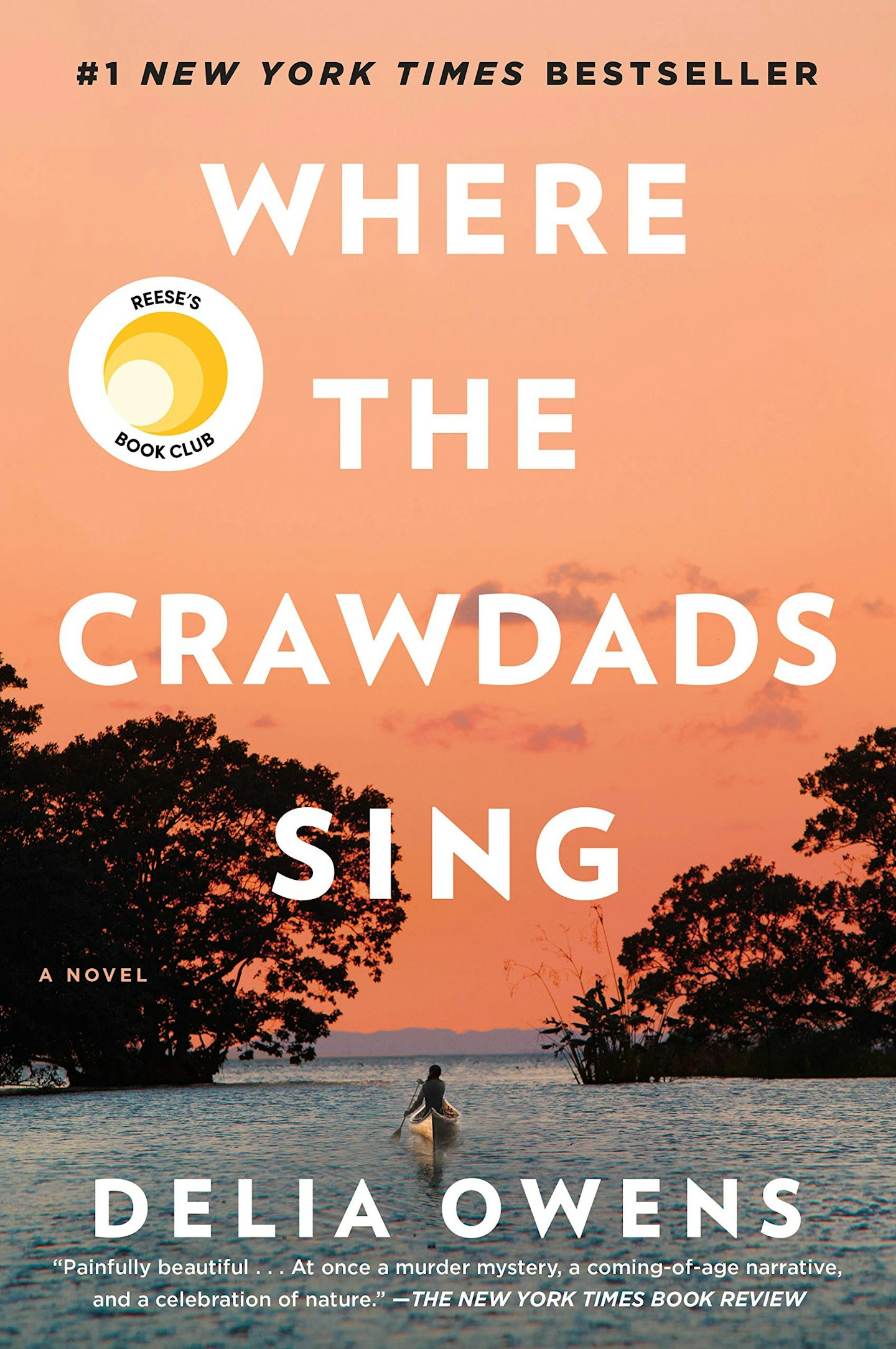 3 of 10
3 of 10Where The Crawdads Sing, Delia Owens
Another Reese Witherspoon Book Club pick, it surely won't be long before this worldwide publishing hit is on your screens.
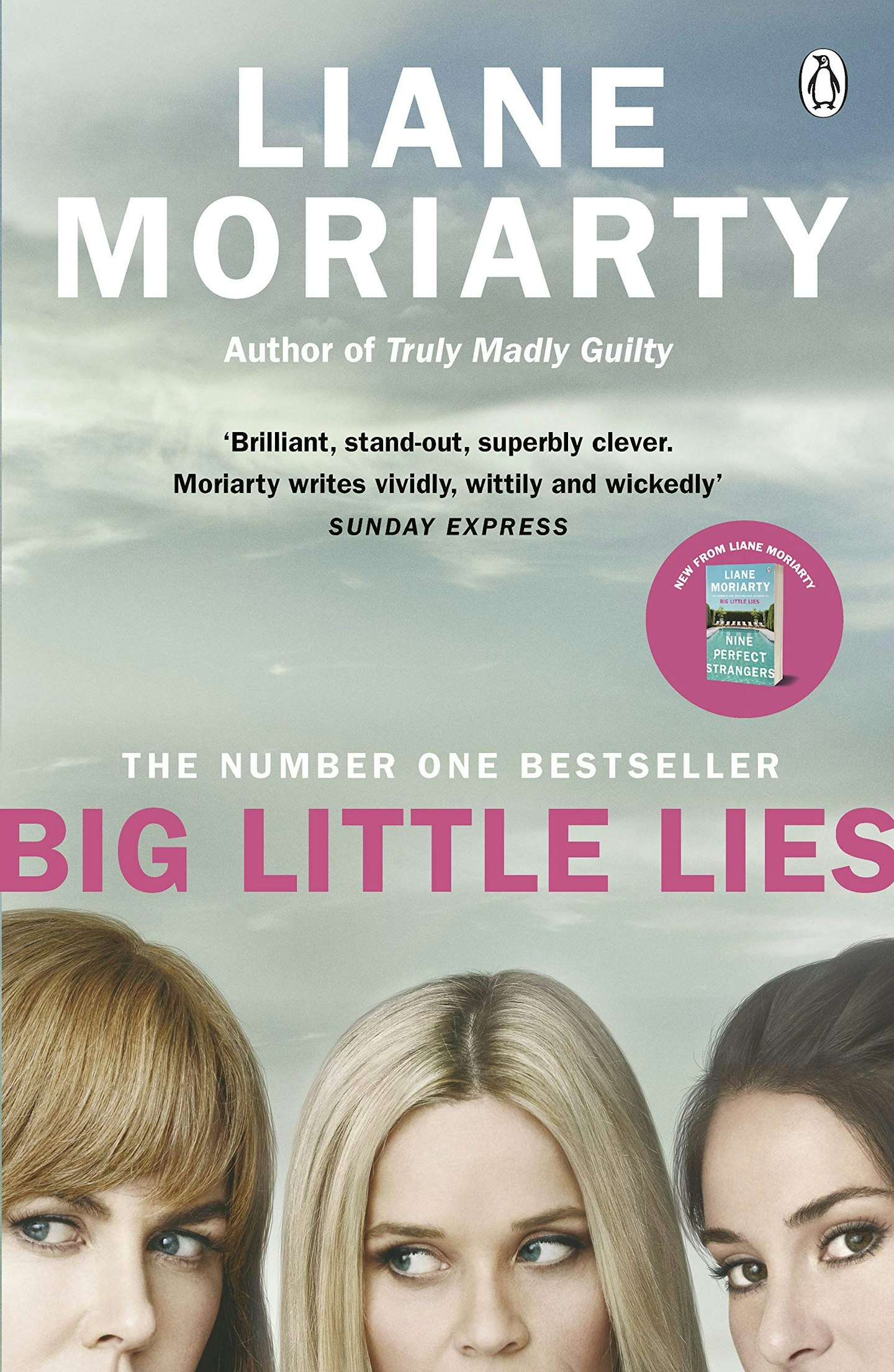 4 of 10
4 of 10Big Little Lies by Liane Moriarty
Women with a secret in a tight-knit US community – the similarities between Reese Witherspoon's roles (Elena Richardson in Little Fires Everywhere and Madeline Mackenie in Big Little Lies) are stark.
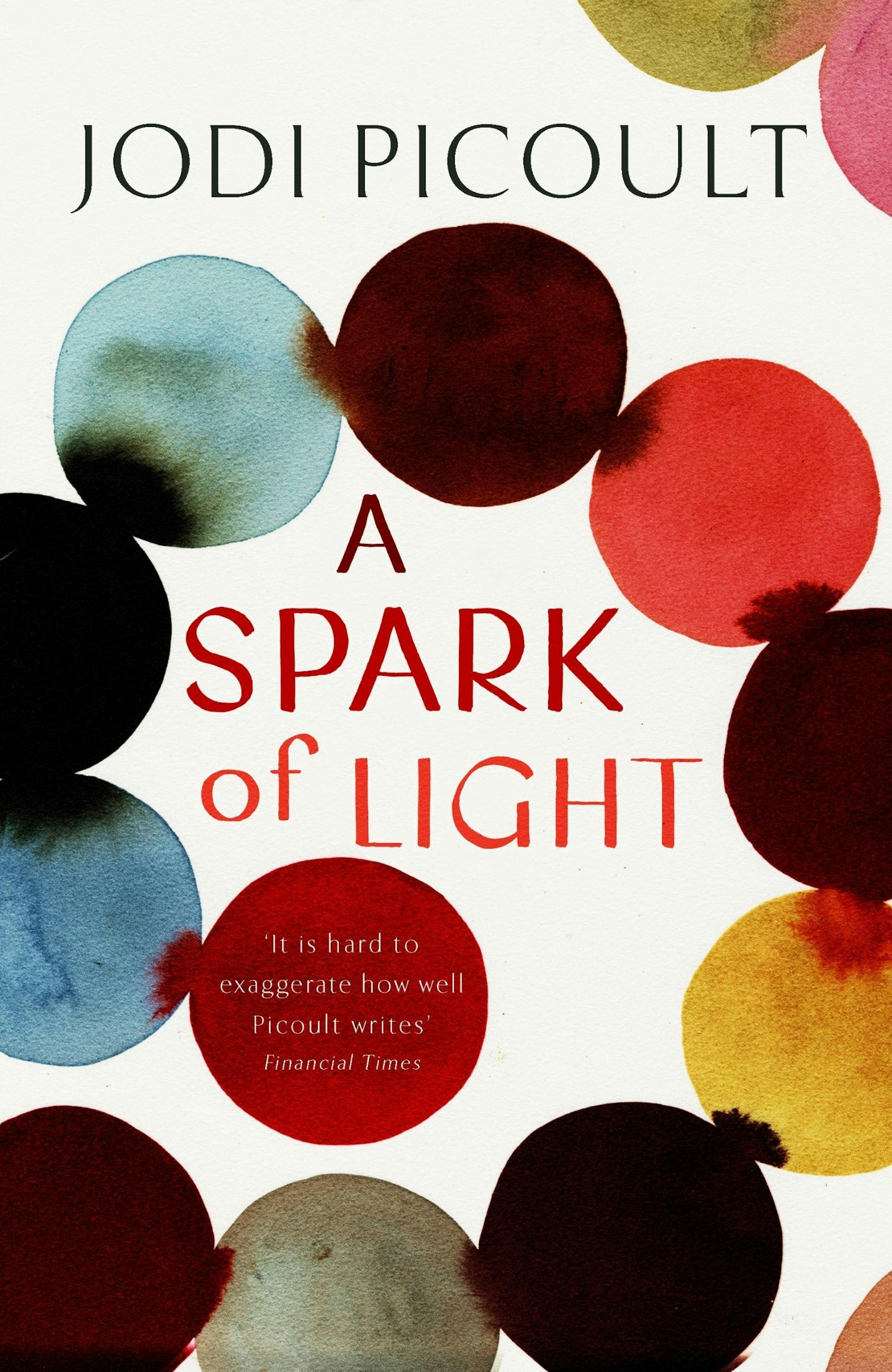 5 of 10
5 of 10A Spark of Light by Jodi Picoult
A gripping novel from the master of the dilemma, based during an attack on a US abortion clinic.
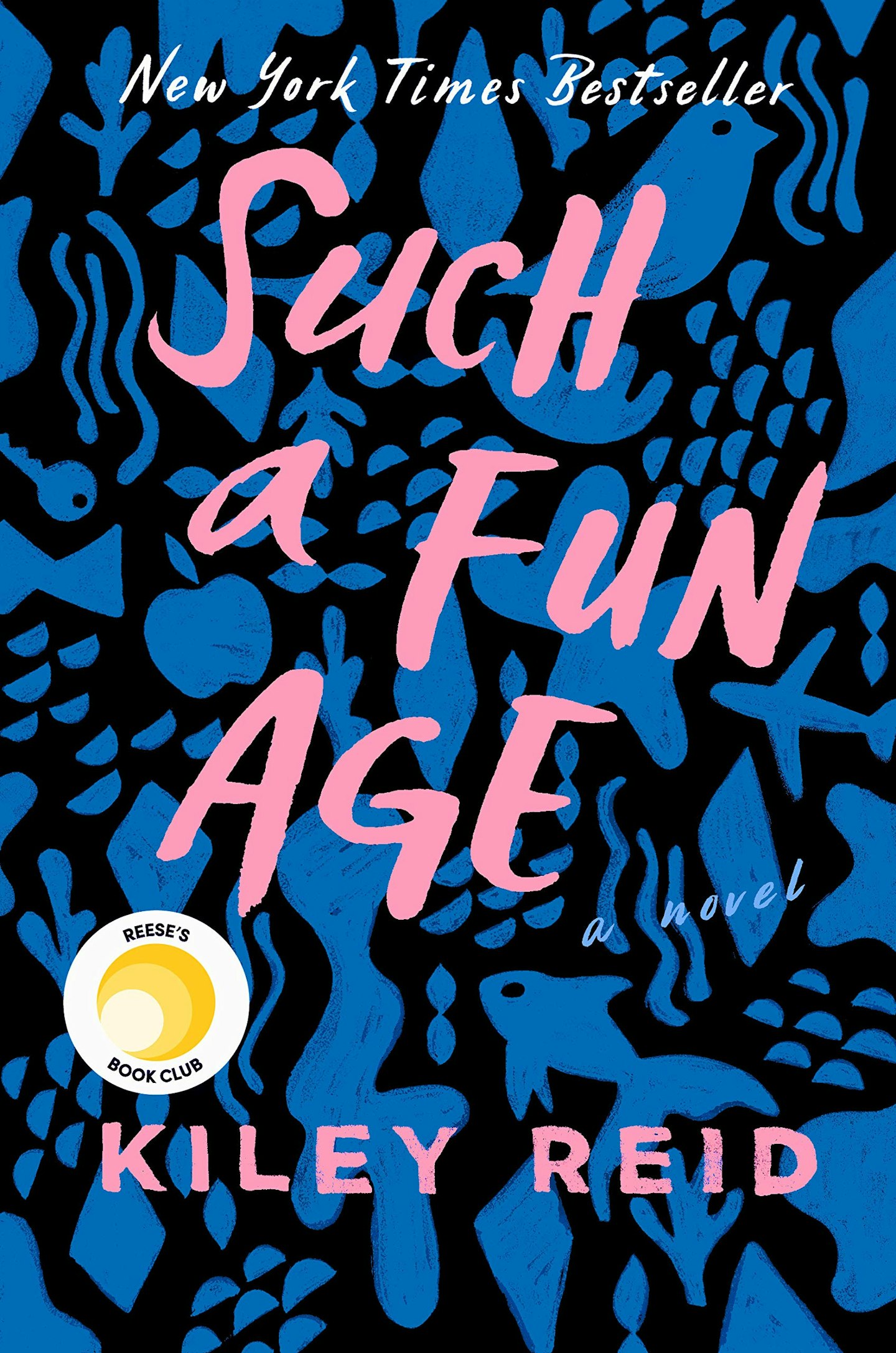 6 of 10
6 of 10Such A Fun Age by Kiley Reid
Race, motherhood and our relationships with the women we hire to take care of us in our homes – almost all of Little Fires is here, but taking place in the 2010s.
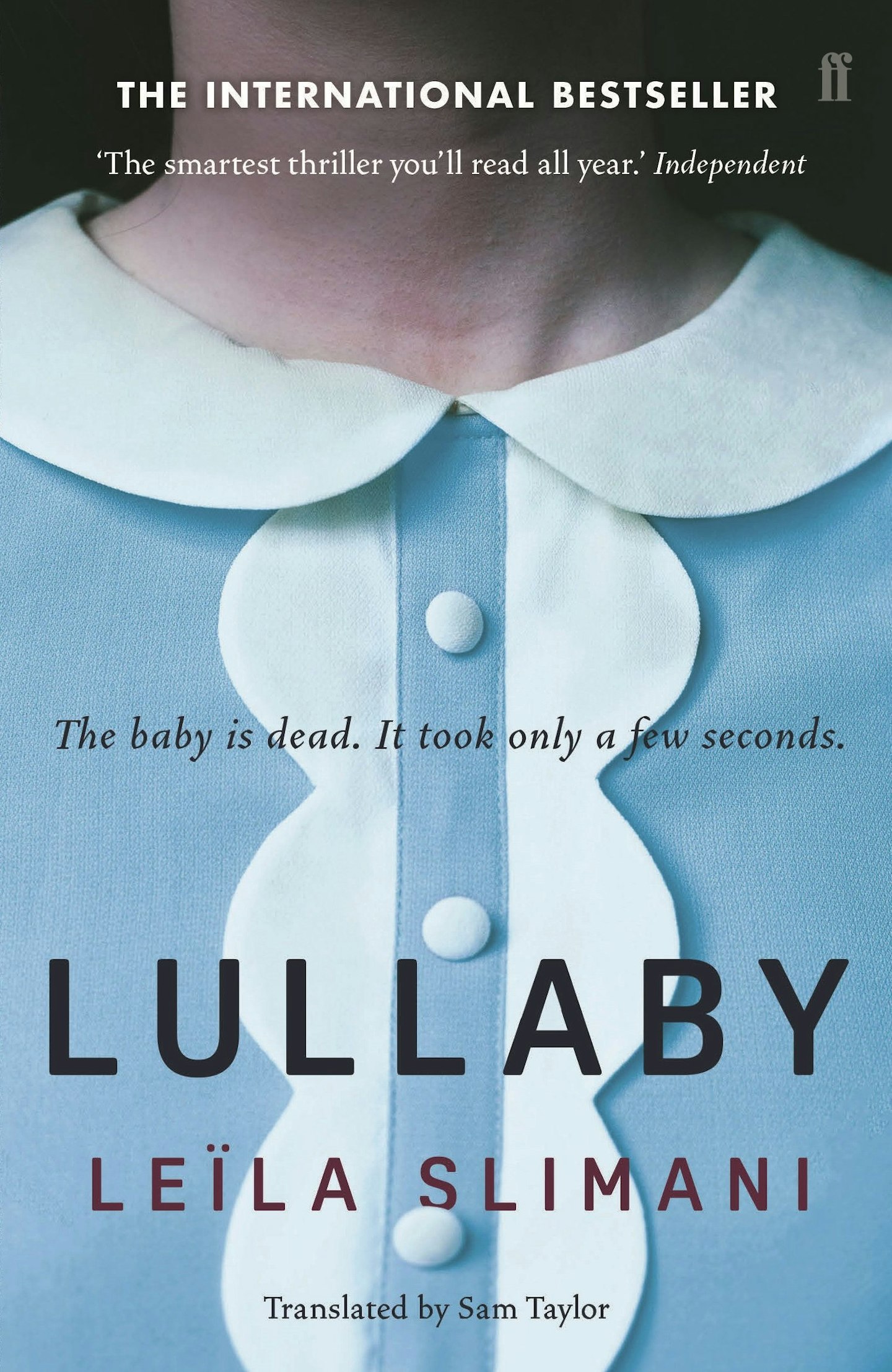 7 of 10
7 of 10Lullaby by Leila Slimani
Exploring a much darker side of motherhood and what it means to invite someone into our home to take care of our family.
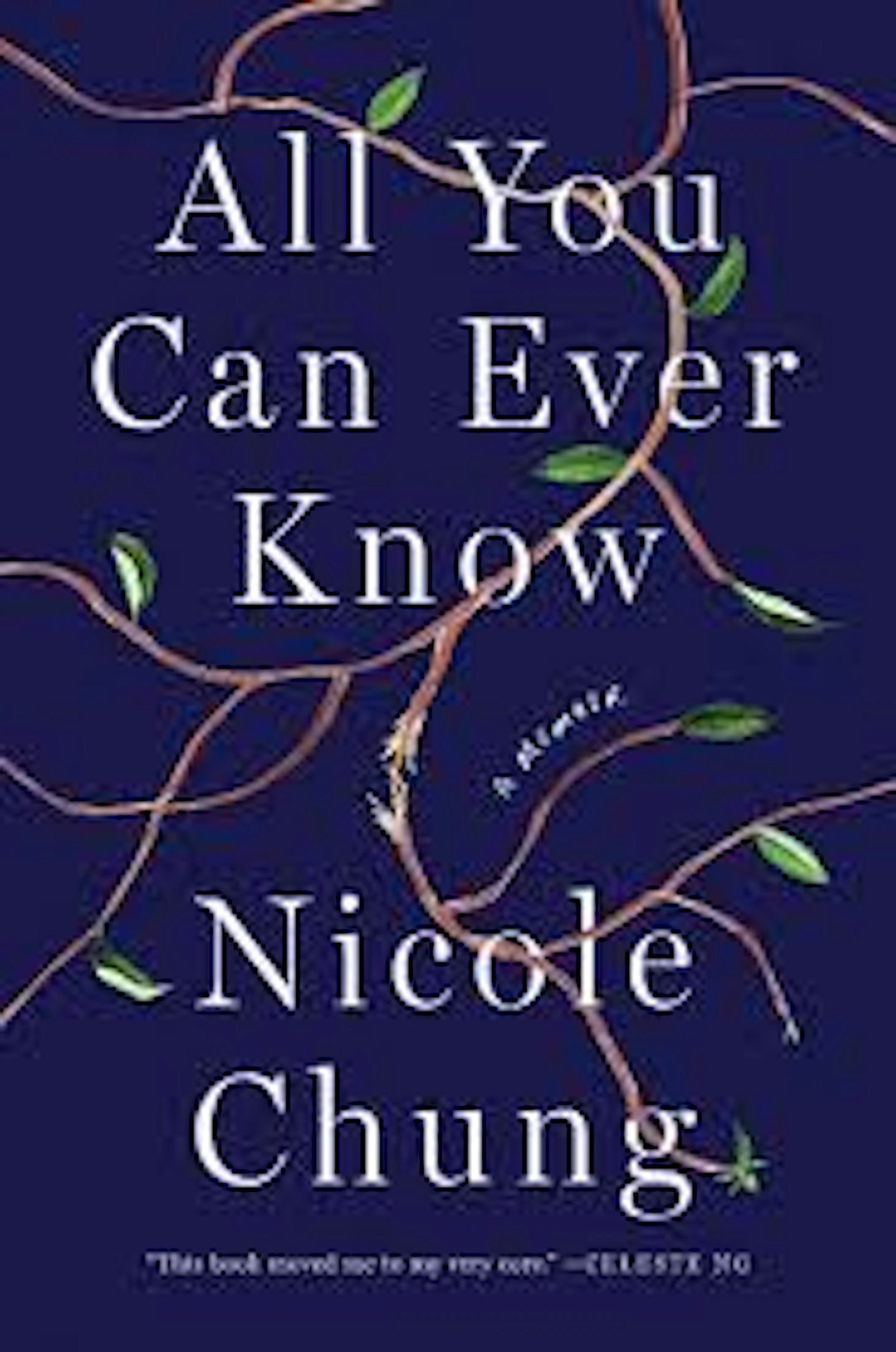 8 of 10
8 of 10All You Can Ever Know by Nicole Chung
Celeste Ng herself recommends Nicole's memoir about adoption and race.
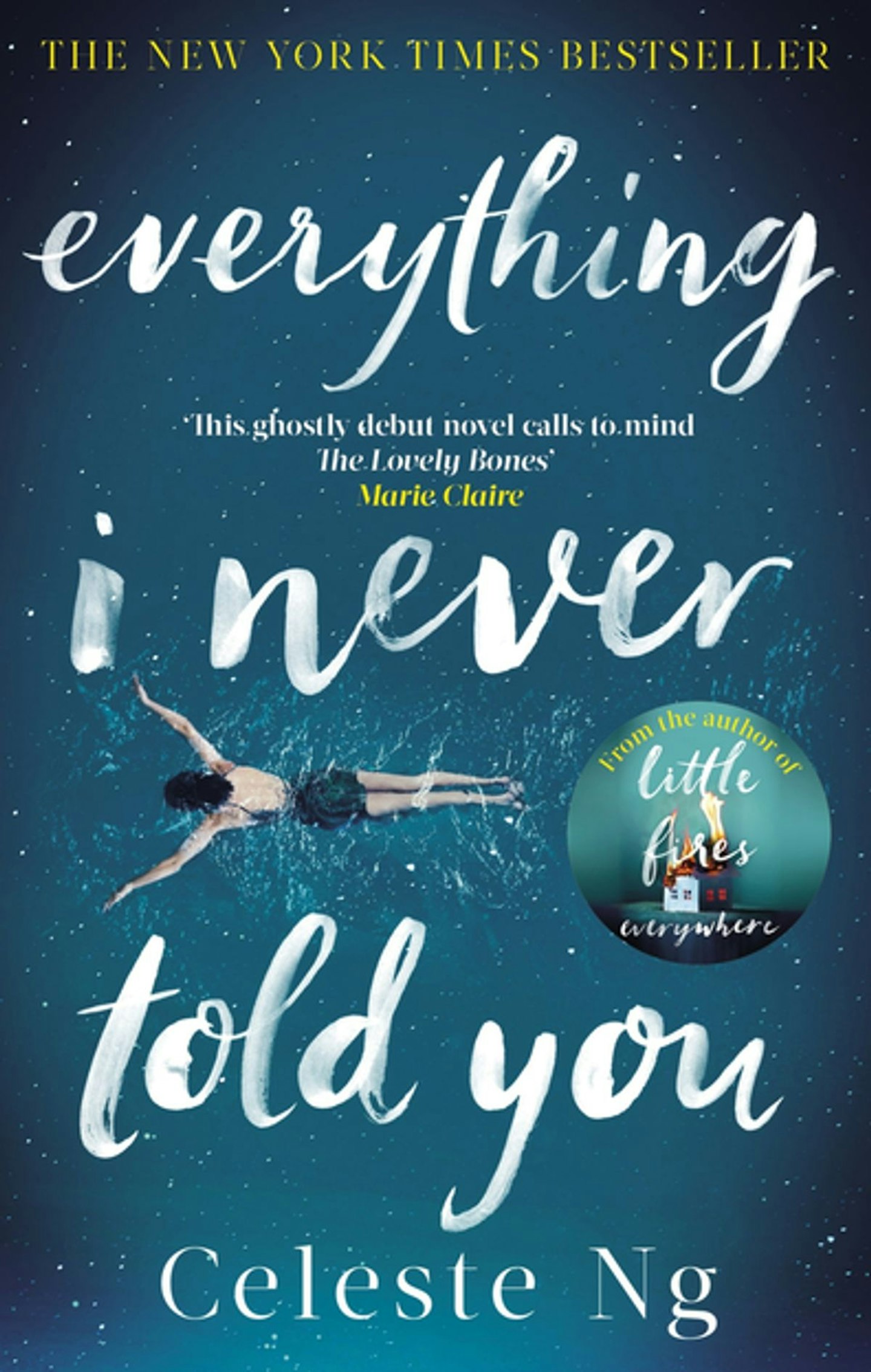 9 of 10
9 of 10Everything I Never Told You by Celeste Ng
The first book by the Little Fires Everywhere author, Everything I Never Told You focuses on the Lee family, who are torn apart by the death of their daughter, Lydia.
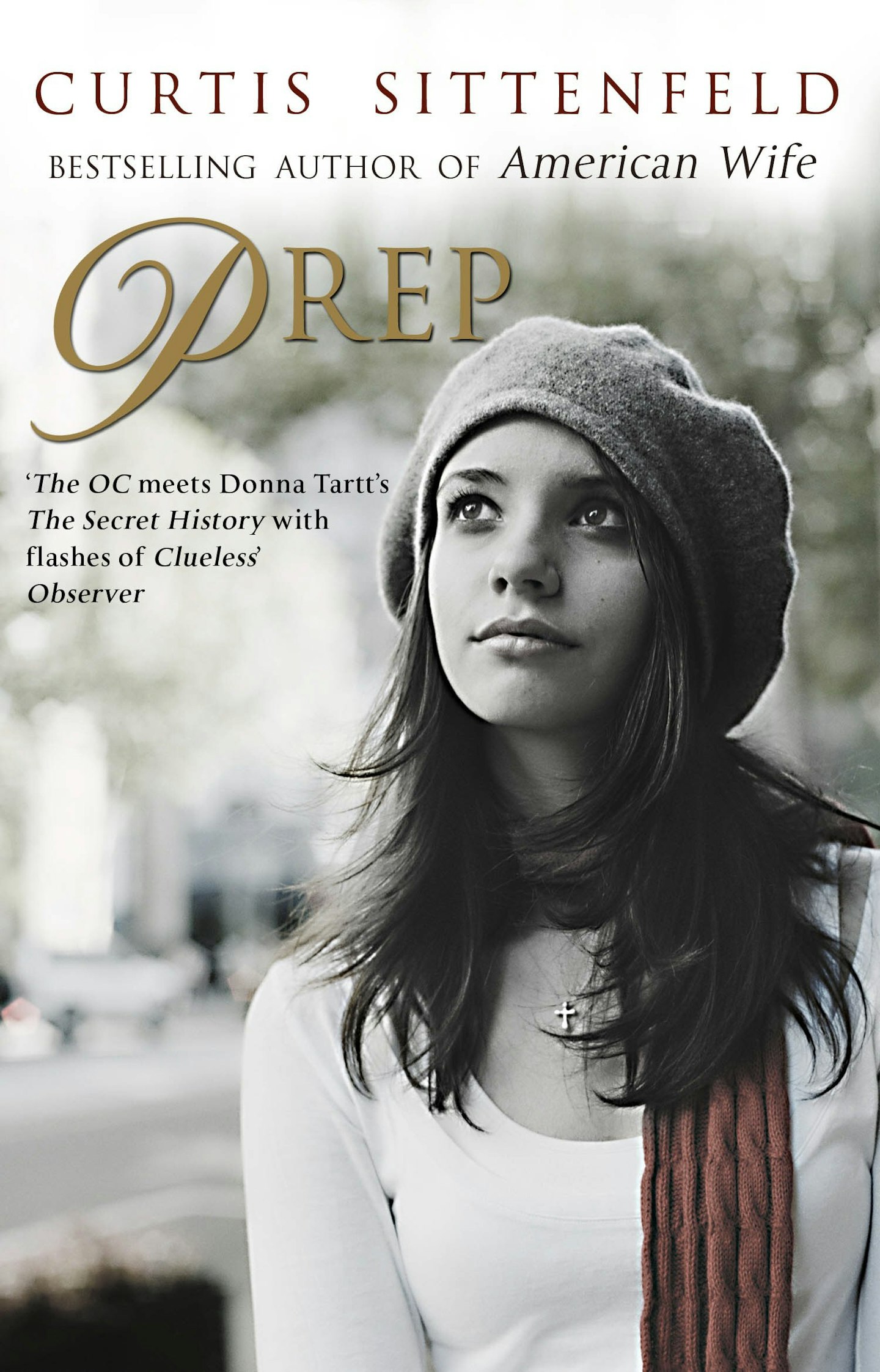 10 of 10
10 of 10Prep by Curtis Sittenfeld
If you're talking about clashes of culture and privilege in an American school, you can't do much better than this.
